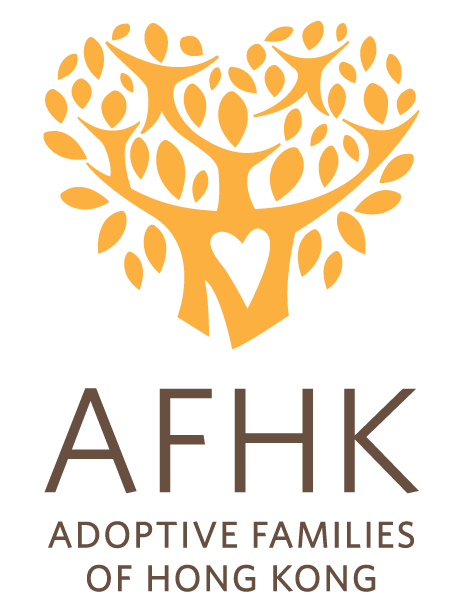Organising an array of thought-provoking seminars and workshops for counsellors, parents and their helpers, a new steering committee at Adoptive Families of Hong Kong has been breathing new life into the group.
Australian consultant Janette Pepall was the keynote speaker at a series of talks last month. She pioneered the fostering and adoption of Hong Kong children with disabilities during the 1990s, and now provides training for people dealing with children at risk.
A warm, motherly woman from Melbourne who has five adopted children from across Asia in addition to a birth child, Pepall speaks from personal as well as professional experience.
While all parenting is difficult, she says, it can be even more so for parents of adopted children. "They might have lived in an institution or they've been moved around a lot [or] they haven't been cared for properly," she says. "So we've got to deal with the identity issues, the loss issues, their resiliency."
Groups such as AFHK are important because they give adoptive parents an opportunity to share concerns with others in a similar situation who understand the issues and who do not judge.
Pepall advises adoptive parents to tread a fine line between sharing the fact of their child's adoption with others, and protecting the child's privacy, especially while they are at school.
"They're going to get questions, they're going to be teased, even if they look similar," says Pepall. In the case of her adopted children, who now range from 31 to 41, she used a combination of humour and firmness and practised role-plays to prepare her children for what they were likely to face.
"Children will often say, 'where are your real parents? How come they gave you up? Where are they? You must have been a bad baby'," she says. "Children can become very defensive and feel very upset about that, but [you can] empower the child, around [the age of] seven or eight, to choose a response. You can choose to ignore it - you can teach a child that it's OK, you can just walk away. You can respond with humour. You can say, 'thank you, but it's none of your business'. For us, that's usually what our children said. We taught them that their history is their private business."
For parents with children from another culture, helping them connect with their birth culture can help build confidence.
"Encouraging the child to be proud of their heritage is vital," she says. "It's part of their self-esteem - the identification of self.
"For instance, for our children, we had videos, we had books, we belonged to the Sri Lanka society, the Vietnamese society, the Chinese society. We went to special events, they wore national costume, I learned how to cook their food. That builds their self-esteem, that makes them proud of their heritage.
"Here, I would advise the same thing. If they're Chinese, they need to be aware of the culture. And how wonderful if they can learn to speak Mandarin or Cantonese. I think it's part of their identity. We need to value that and encourage it."
For more information about Pepall's work, go to janettepepall.com
